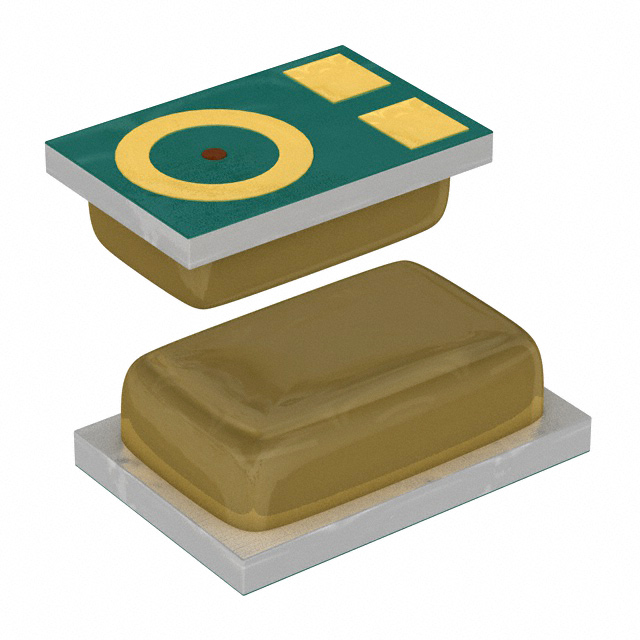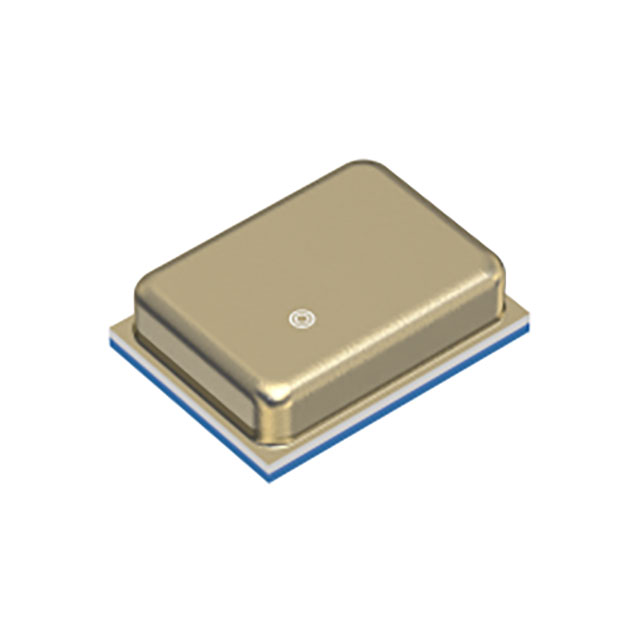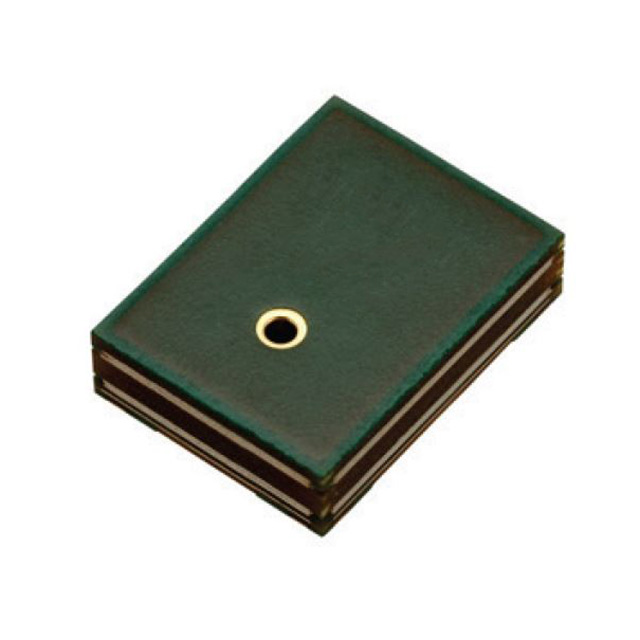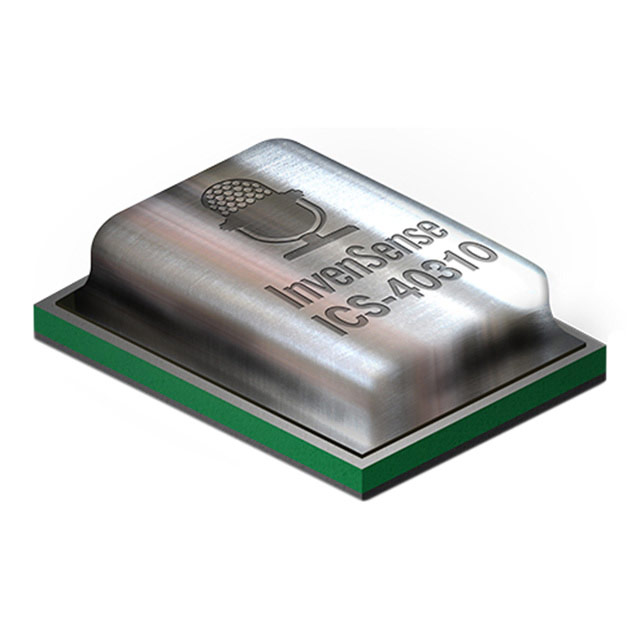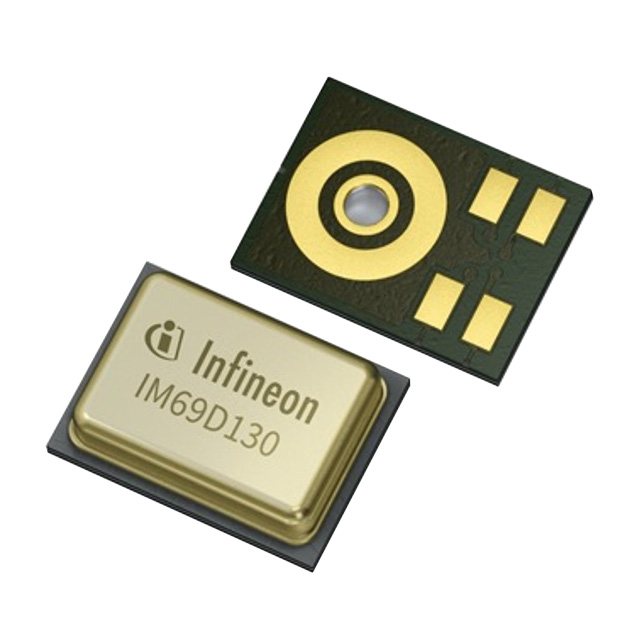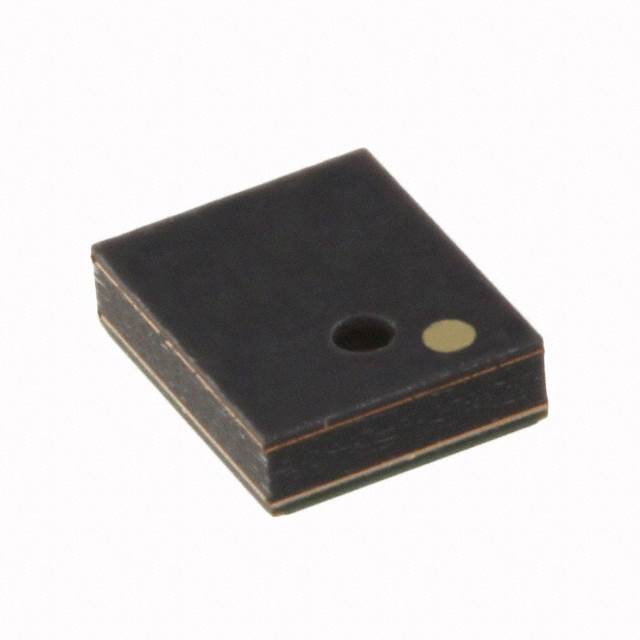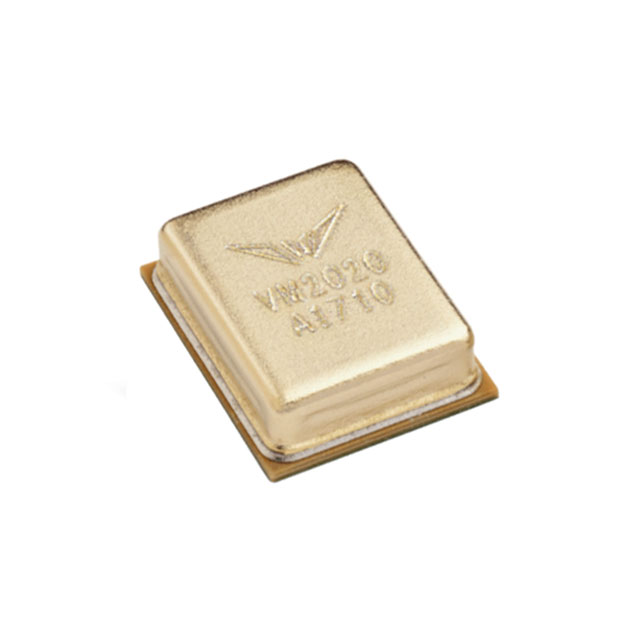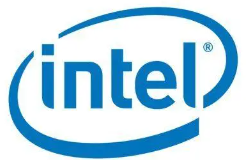STM32F030K6T6 Development Board Introduction
STM32F030K6T6 is a microcontroller (MCU) based on the ARM Cortex-M0 core produced by STMicroelectronics. It belongs to the STM32F0 series, which is aimed at entry-level applications, with low power consumption, high performance and rich peripherals, suitable for various embedded applications such as home appliance control, sensor interface, low-power devices, etc.
STM32F030K6T6 Core and Architecture
Core Architecture: ARM Cortex-M0
Main Frequency: Up to 48 MHz
Bit Width: 32 bits
Processing Power: Supports Thumb-2 instruction set, has high instruction execution efficiency, suitable for low-power and moderate performance applications.
Memory
Flash memory: 64KB flash memory, providing space for storing program code and data.
SRAM: 8KB SRAM for data storage.
Memory Expansion: Can be further expanded through external memory interface
STM32F030K6T6 Voltage and Power Consumption
Operating voltage: 2.4V to 3.6V, suitable for low-voltage applications.
Typical power consumption: Low power consumption in standby mode, suitable for low-power design.
Low power mode: Supports multiple low-power modes, such as sleep mode, standby mode, stop mode, etc., suitable for portable and battery-powered devices.
STM32F030K6T6 Peripherals and Interfaces
STM32F030K6T6 provides rich peripherals and interfaces for a variety of embedded applications:
GPIO (General Purpose Input/Output): Up to 51 I/O pins, supporting high/low level output and multiple input functions.
Timer: 2 16-bit timers, which can be used for pulse width modulation (PWM), timing control, etc.
USART: 2 serial communication interfaces (USART) for serial data transmission.
I2C: 2 I2C buses for communication with external devices (such as sensors, displays, etc.).
SPI: 2 SPI buses for high-speed data transmission.
ADC: 1 12-bit ADC, which can convert analog signals into digital signals and support multi-channel input.
Independent watchdog: used for system reset to increase system stability.
STM32F030K6T6 pin and package
Package: LQFP-48 (48-pin surface mount package).
I/O pins: supports up to 51 GPIO pins, suitable for various embedded applications.
Size: The chip size is compact, suitable for applications with limited space.
STM32F030K6T6 similar comparison
STM32F030K6T6 vs STM8L151K6T6 vs STM32F051K4T6 vs S9KEAZN32ACLC vs STM8L151K6T3
| Feature | STM32F030K6T6 | STM8L151K6T6 | STM32F051K4T6 | S9KEAZN32ACLC | STM8L151K6T3 |
|---|---|---|---|---|---|
| Image | 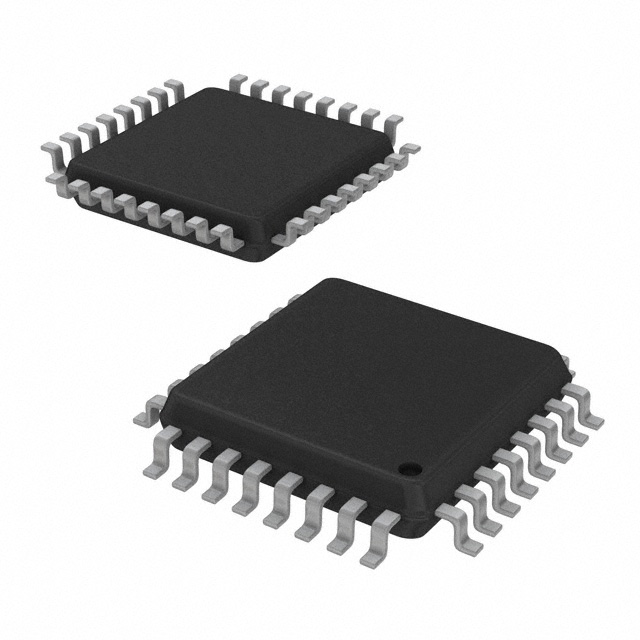 | 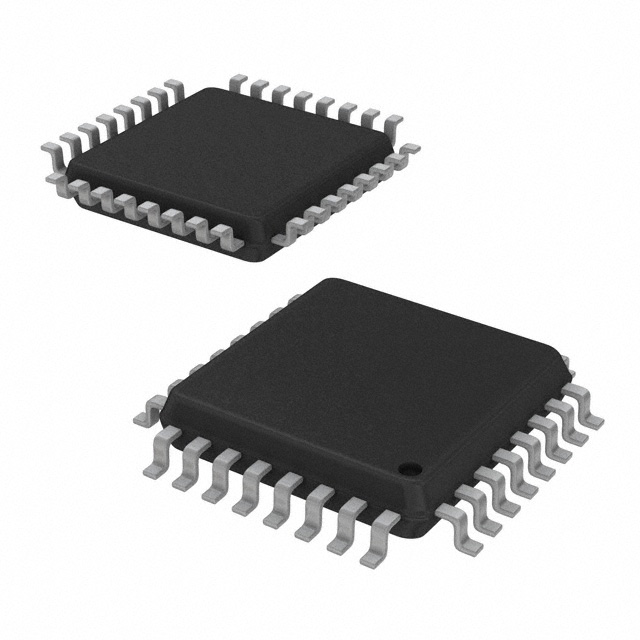 | 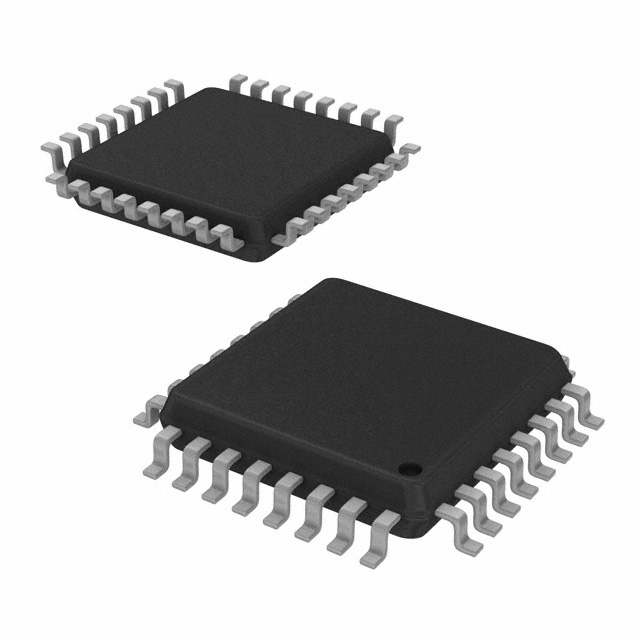 | 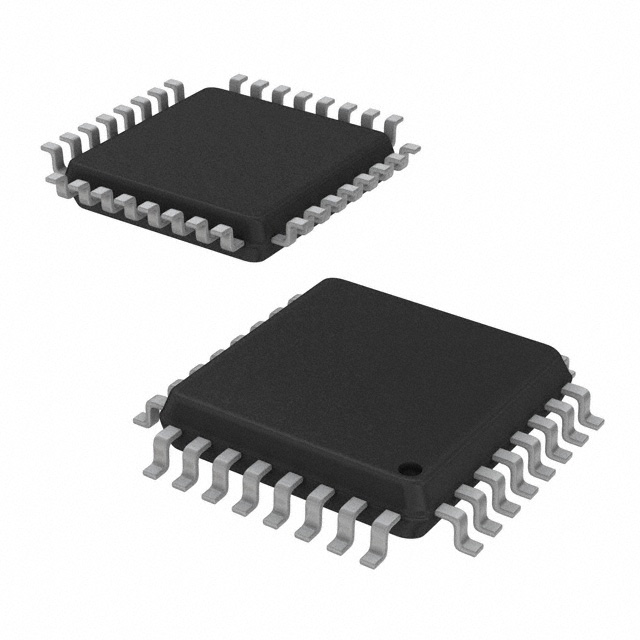 | 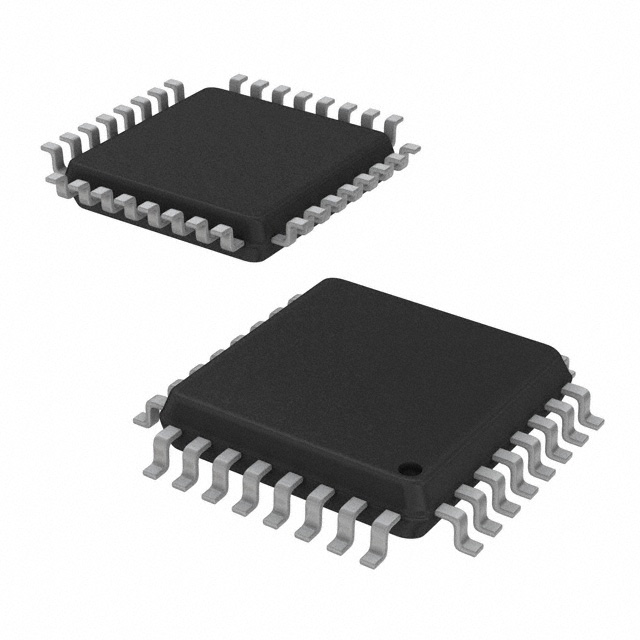 |
| Manufacturer | STMicroelectronics | STMicroelectronics | STMicroelectronics | NXP Semiconductors | STMicroelectronics |
| Core | ARM Cortex-M0 | STM8 | ARM Cortex-M0 | ARM Cortex-M0 | STM8 |
| Core Frequency | 48 MHz | 32 MHz | 48 MHz | 48 MHz | 32 MHz |
| Flash Memory | 64 KB | 32 KB | 64 KB | 32 KB | 32 KB |
| SRAM | 8 KB | 4 KB | 8 KB | 8 KB | 4 KB |
| GPIO Pins | Up to 51 pins | Up to 37 pins | Up to 50 pins | Up to 32 pins | Up to 37 pins |
| Operating Voltage | 2.4V to 3.6V | 2.95V to 5.5V | 2.4V to 3.6V | 1.71V to 3.6V | 2.95V to 5.5V |
| I/O Voltage Level | 3.3V or 5V TTL compatible | 3.3V or 5V TTL compatible | 3.3V or 5V TTL compatible | 3.3V or 5V TTL compatible | 3.3V or 5V TTL compatible |
| Timers | 2x 16-bit Timers | 3x 8-bit Timers | 2x 16-bit Timers | 2x 16-bit Timers | 3x 8-bit Timers |
| ADC Channels | 1x 12-bit ADC (up to 16 channels) | 1x 10-bit ADC (up to 16 channels) | 1x 12-bit ADC (up to 16 channels) | 1x 12-bit ADC (up to 16 channels) | 1x 10-bit ADC (up to 16 channels) |
| USART/UART | 2x USART | 1x USART | 2x USART | 1x USART | 1x USART |
| SPI/I2C | 2x SPI, 2x I2C | 1x SPI, 1x I2C | 2x SPI, 2x I2C | 1x SPI, 1x I2C | 1x SPI, 1x I2C |
| PWM Channels | 12 PWM Channels | 6 PWM Channels | 12 PWM Channels | 6 PWM Channels | 6 PWM Channels |
| Low-Power Mode | Yes | Yes | Yes | Yes | Yes |
| Watchdog | Independent Watchdog | Independent Watchdog | Independent Watchdog | Independent Watchdog | Independent Watchdog |
| Debug Interface | SWD (Serial Wire Debug) | SWIM (Single Wire Interface) | SWD (Serial Wire Debug) | SWD (Serial Wire Debug) | SWIM (Single Wire Interface) |
| Package Type | LQFP-48 | LQFP-32, LQFP-48 | LQFP-32 | LQFP-32 | LQFP-32, LQFP-48 |
| Temperature Range | -40°C to 85°C | -40°C to 125°C | -40°C to 85°C | -40°C to 125°C | -40°C to 125°C |
STM32F030K6T6 and STM32F051K4T6 are more performance-oriented with a larger flash, more GPIOs, and better peripheral support, making them suitable for more complex applications.
STM8L151K6T6 and STM8L151K6T3 are based on the older STM8 core but are good for cost-sensitive, simpler, and low-power applications.
S9KEAZN32ACLC is a Cortex-M0 microcontroller with good flash and SRAM and offers extended voltage and temperature ranges, making it ideal for industrial environments.
STM32F030K6T6 Application scenarios
STM32F030K6T6 is suitable for the following fields and application scenarios:
Home appliance control: such as smart lighting, home appliance control, etc.
Sensor interface: connect sensors for data acquisition and processing.
Embedded control systems: such as power tools, toys, portable devices, etc.
Low-power devices: suitable for embedded applications that require low power consumption and efficient processing.
Industrial automation: such as industrial control systems, sensor data acquisition, etc.
Advantages and features of STM32F030K6T6
Low-power design: has a variety of low-power modes, suitable for battery-powered devices.
High cost performance: compared with other high-end MCUs, STM32F030K6T6 provides better performance and rich peripherals, while the price is relatively affordable, suitable for projects with limited budgets.
Easy to develop: provides comprehensive software support and development tools, allowing developers to implement projects more quickly.
Rich peripheral support: including common peripherals such as timers, ADC, USART, I2C, SPI, etc., suitable for a wide range of application scenarios.
STM32F030K6T6 debugging and programming
Debug interface: Support SWD (Serial Wire Debug) debugging interface for debugging and programming.
Programming interface: Firmware download and debugging through JTAG/SWD.
STM32F030K6T6 development tools and support
Development environment: Support mainstream development tools such as STM32CubeIDE, Keil MDK, IAR Embedded Workbench, etc.
Library support: Provide HAL (Hardware Abstraction Layer) library and low-level driver library to facilitate developers to quickly get started and develop applications.
STM32F030K6T6 Datasheet
Summary
STM32F030K6T6 is a 32-bit microcontroller suitable for low-power and cost-effective applications. With the ARM Cortex-M0 core, rich peripheral support and low power consumption characteristics, it is widely used in home automation, embedded systems, low-power devices and other fields. This chip is not only suitable for novice developers to get started, but also suitable for the development of various consumer electronics and industrial automation products.
STM32F030K6T6 FAQs
1. What is the STM32F030K6T6 microcontroller?
The STM32F030K6T6 is a 32-bit microcontroller based on the ARM Cortex-M0 core. It is part of the STM32F0 series from STMicroelectronics. This microcontroller is designed for cost-sensitive, low-power, and simple embedded applications, providing a good balance between performance and power consumption.
2. What development tools are compatible with the STM32F030K6T6?
The STM32F030K6T6 is supported by various development tools, including:
STM32CubeIDE: A free, integrated development environment (IDE) from STMicroelectronics that combines code editing, compilation, and debugging.
Keil MDK: A professional development environment for ARM-based microcontrollers, widely used in embedded systems development.
IAR Embedded Workbench: A powerful IDE for embedded applications, also compatible with STM32F030K6T6.
OpenOCD and J-Link: For debugging and programming the STM32F030K6T6 using SWD (Serial Wire Debug) or JTAG.
3. What is the maximum clock speed of the STM32F030K6T6?
The STM32F030K6T6 can operate at a maximum clock speed of 48 MHz. This is suitable for many low-power applications where moderate performance is sufficient.
4. What are the power consumption characteristics of the STM32F030K6T6?
The STM32F030K6T6 is designed to be energy-efficient, offering several low-power modes to reduce power consumption. The microcontroller supports the following power modes:
Run mode: The microcontroller operates at full speed (up to 48 MHz).
Sleep mode: The CPU clock is halted, but peripherals remain active.
Stop mode: The CPU and most peripherals are powered down, with only the low-power timer and the watchdog remaining active.
Standby mode: The lowest power mode, where most of the MCU is powered down, and only a few critical parts (such as the RTC and external wake-up sources) remain active.
5. How many GPIO pins are available on the STM32F030K6T6?
The STM32F030K6T6 has up to 51 GPIO pins, depending on the specific package and configuration. These pins can be used for digital I/O, analog inputs (ADC channels), PWM outputs, and other peripheral functions.
6. What is the ADC resolution of the STM32F030K6T6?
The STM32F030K6T6 has a 12-bit ADC, which can be used for converting analog signals to digital values. The ADC supports up to 16 channels depending on the application.
7. What is the temperature range of the STM32F030K6T6?
The STM32F030K6T6 operates within a temperature range of -40°C to +85°C, making it suitable for most general-purpose and industrial applications that do not require extended temperature ranges.
8. What is the power supply voltage of the STM32F030K6T6?
The STM32F030K6T6 operates within a supply voltage range of 2.4V to 3.6V, which makes it suitable for low-voltage, battery-powered applications.
9. How can I program the STM32F030K6T6?
The STM32F030K6T6 can be programmed using standard SWD (Serial Wire Debug) or JTAG interfaces. Tools like the ST-Link V2 debugger/programmer or J-Link from Segger can be used for flashing and debugging the microcontroller.
10. What is the package type of the STM32F030K6T6?
The STM32F030K6T6 comes in the LQFP-48 (Low-Profile Quad Flat Package) with 48 pins, which is a common surface-mount package for mid-range microcontrollers.
11. Can I use the STM32F030K6T6 in automotive or industrial environments?
While the STM32F030K6T6 can be used in a variety of applications, it is not specifically rated for automotive or extreme industrial environments. For applications requiring extended temperature ranges or higher reliability, it is recommended to use industrial-grade versions (such as the STM32F1 or STM32L4 series) or microcontrollers that meet automotive standards.
12. What are the limitations of the STM32F030K6T6?
Limited Flash and SRAM: The STM32F030K6T6 has 64KB Flash and 8KB SRAM, which is enough for simple applications but may not be sufficient for more complex projects with larger code and data requirements.
No USB support: Unlike other STM32 models, the STM32F030K6T6 does not have built-in USB peripherals.
Limited DMA channels: It has fewer DMA (Direct Memory Access) channels compared to higher-end STM32 models.

